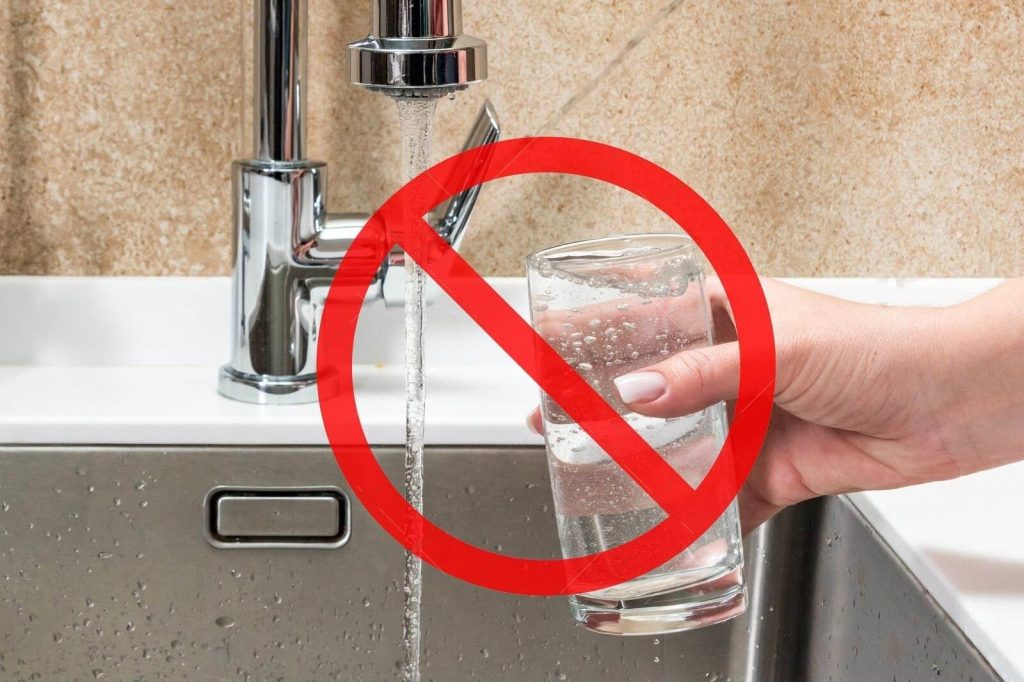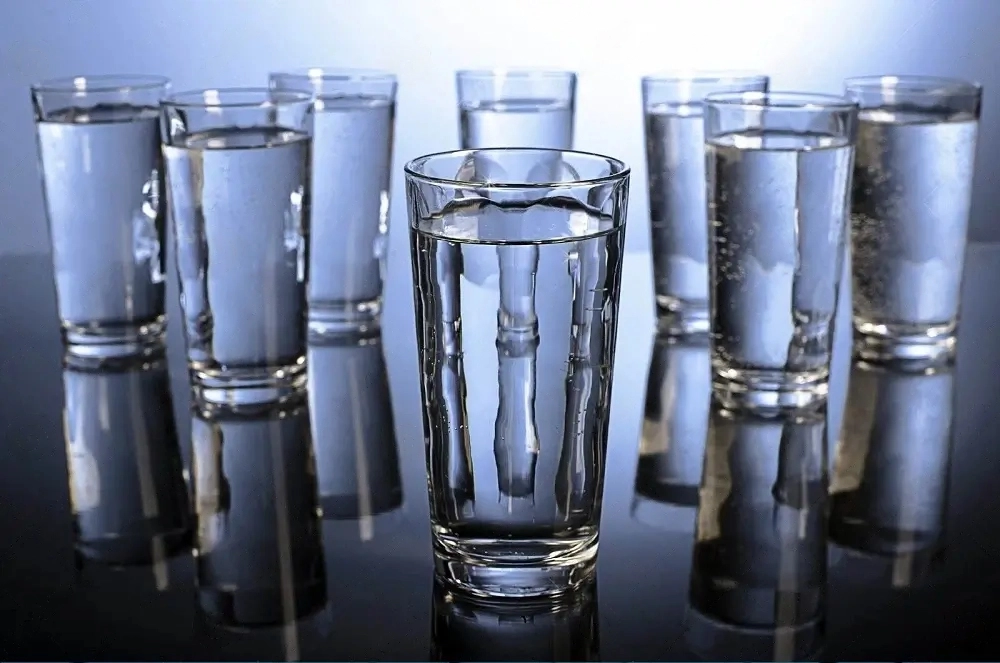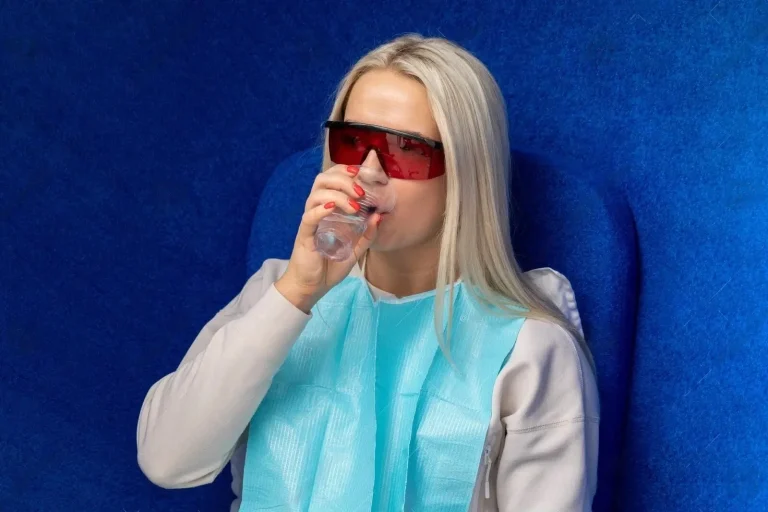
As of 2024, about 51% of Americans drink tap water, a notable decrease from previous years, while 69% prefer bottled water. This shift reflects growing concerns over water quality and safety.
Many people have never tested their tap water, leading to a reliance on bottled water despite its potential drawbacks, such as the prevalence of microplastics and chemicals.
As parents, it’s important to ensure that our children are safe and healthy. One area that often gets overlooked is the water we drink. Unfortunately, drinking tap water may not be as safe as we think.
Many city water systems can contain harmful substances. For example, heavy metals like lead and mercury can sometimes be found in tap water. These metals are particularly dangerous for children, as they can cause serious problems with brain development and overall health.
Another concern is something called disinfection byproducts, like trihalomethanes (THMs). These are created when chlorine, used to clean the water, reacts with organic materials. Research suggests that THMs might increase the risk of cancer and lead to other health issues.
Also, there are microorganisms and chemicals from farms that can end up in our water supply. These can cause illnesses and long-term health problems.
Given all these risks, it’s a good idea to think carefully about drinking tap water and to look for safer alternatives. The best way to ensure that all harmful contaminants are removed from water is to distill it.
Distillation is a process that effectively cleans water, making it safe for you and your family to drink.
💧Distilled Water vs Tap Water Purity Test
| Contaminants | 🏆 Distilled Water | ❌ Tap Water |
|---|
| Bacteria | 100% Pure | Possible |
| Carcinogens | 100% Pure | Possible |
| Chlorine | 100% Pure | May remain |
| Chemicals | 100% Pure | Possible |
| Fluoride | 100% Pure | Low |
| Heavy Metals | 100% Pure | May contain |
| Herbicides | 100% Pure | Possible |
| Hormones | 100% Pure | Possible |
| Microorganisms | 100% Pure | Possible |
| Microplastics | 100% Pure | Possible |
| Pharmaceuticals | 100% Pure | Possible |
| Pesticides | 100% Pure | Possible |
| Viruses | 100% Pure | Possible |
| VOCs | 100% Pure | Possible |
🥇 Water Distillation is the Best Way to Purify Water

Water distillation is one of the most effective methods for purifying water, offering a range of significant benefits:
- High Purity: Distilled water is reported to be 99.9% pure, making it purer than any bottled or tap water available.
- Effective Contaminant Removal: Distillation eliminates contaminants such as heavy metals (like lead and mercury), microorganisms (bacteria, viruses, and parasites), and harmful chemicals, including pesticides and chlorine byproducts.
- Scientific Backing: Studies show that boiling water can kill 99.99% of pathogens, ensuring safe drinking water.
- Simple Process: The distillation process is straightforward, relying solely on heat and condensation, making it accessible for home use.
- Versatile Applications: Distillation can purify various water sources, including tap water, well water, and even seawater.
- Eco-Friendly: With no reliance on chemicals and minimal waste, distillation is an environmentally friendly choice for water purification.





